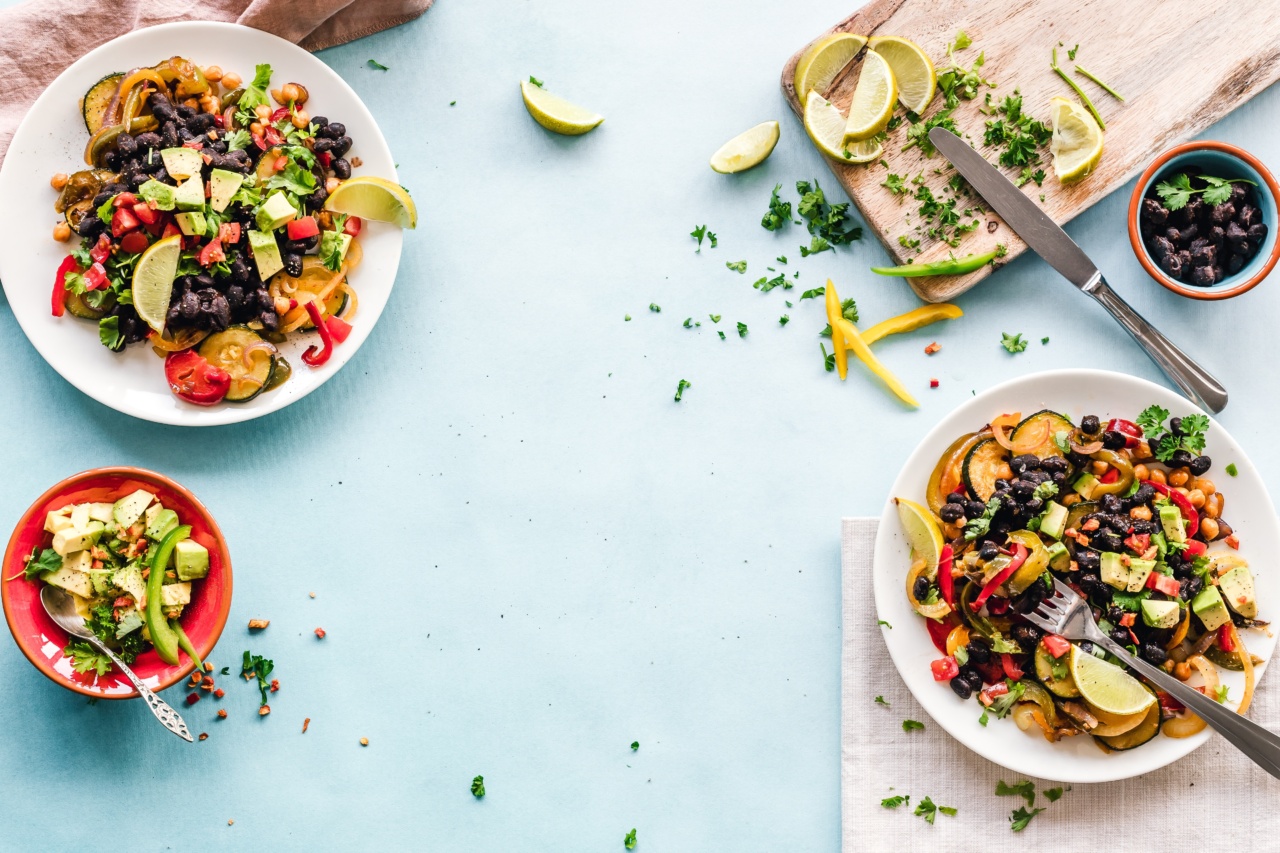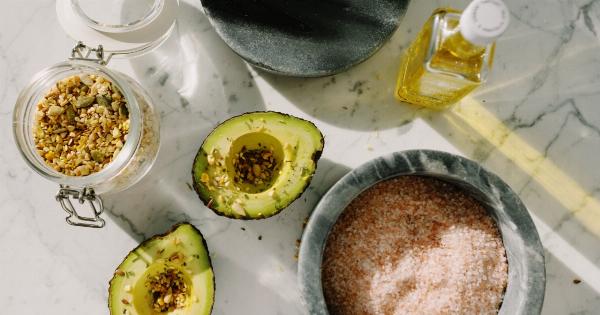Adopting a vegetarian diet has numerous health benefits, with one of the key advantages being its ability to fight against cholesterol. Cholesterol is a type of fat found in your blood that can increase your risk of heart disease and stroke.
A plant-based diet can help to reduce these risks by lowering your cholesterol levels naturally.
Understanding Cholesterol
Cholesterol is a waxy substance that is produced by the liver and is also found in certain foods. It plays a crucial role in your body by helping to build cells, produce hormones, and aid in digestion.
However, too much cholesterol in your blood can lead to the formation of plaque in your arteries, restricting blood flow and increasing the risk of heart problems.
LDL Cholesterol and HDL Cholesterol
Cholesterol is classified into two main types: LDL (low-density lipoprotein) and HDL (high-density lipoprotein).
LDL cholesterol is often referred to as “bad” cholesterol, as high levels of it can contribute to the development of heart disease. HDL cholesterol, on the other hand, is known as “good” cholesterol because it helps to remove LDL cholesterol from the bloodstream, reducing the risk of heart disease.
The Role of a Vegetarian Diet
A well-planned vegetarian diet can effectively reduce LDL cholesterol, promoting heart health and combating the risks associated with high cholesterol. Here are some key reasons why a vegetarian meal can help fight against cholesterol:.
1. Low in Saturated Fat
Plant-based diets are typically low in saturated fat, a type of fat that can increase LDL cholesterol levels in the blood.
Animal products such as meat, poultry, and dairy are often high in saturated fat, so by eliminating or reducing these foods in your diet, you can lower your overall saturated fat intake. Instead, choose vegetarian protein sources like legumes, tofu, tempeh, and nuts, which are low in saturated fat and high in fiber.
2. High in Soluble Fiber
Fiber is an essential component of a healthy diet, and soluble fiber, in particular, is known for its cholesterol-lowering effects. Vegetarian meals are often rich in soluble fiber, found in foods such as oats, barley, fruits, vegetables, and legumes.
Soluble fiber acts like a sponge in the digestive tract, binding to cholesterol and preventing its absorption into the bloodstream.
3. Abundance of Antioxidants
Vegetarian meals are packed with antioxidants, which have been shown to reduce the oxidation of LDL cholesterol. When LDL cholesterol oxidizes, it becomes more harmful and contributes to the development of plaque in the arteries.
Antioxidant-rich foods, such as colorful fruits and vegetables, help to prevent this oxidation, promoting heart health.
4. Plant Sterols and Stanols
Plant sterols and stanols are naturally occurring substances found in plants that can help lower LDL cholesterol levels. They have a similar structure to cholesterol and compete with it for absorption in the digestive system.
Vegetarian diets that include plant sterols and stanols, found in foods like almonds, sunflower seeds, and whole grains, can effectively reduce LDL cholesterol.
5. Omega-3 Fatty Acids
While omega-3 fatty acids are often associated with fish, they can also be obtained from plant-based sources.
Vegetarian options like flaxseeds, chia seeds, walnuts, and hemp seeds are rich in omega-3 fatty acids, which have been shown to reduce inflammation and lower LDL cholesterol levels.
6. Increased Consumption of Fruits and Vegetables
Following a vegetarian diet encourages the consumption of a wide variety of fruits and vegetables, which are naturally low in cholesterol and saturated fat.
Fruits and vegetables are not only packed with essential vitamins, minerals, and fiber but also contain plant compounds that support heart health and lower cholesterol levels.
7. Reduced Consumption of Processed Foods
Many processed foods, particularly those containing animal products, are high in unhealthy fats, cholesterol, and sodium.
By adopting a vegetarian diet, you naturally reduce your intake of processed and convenience foods, which may lead to improved cholesterol levels and overall heart health.
8. Weight Management
Obesity is a risk factor for high cholesterol levels, as it can increase LDL cholesterol and decrease HDL cholesterol. Vegetarian diets have been associated with lower body mass index (BMI) and a reduced risk of obesity.
By maintaining a healthy weight, you can effectively manage cholesterol levels and reduce the risk of heart disease.
9. Overall Heart-Healthy Lifestyle
Choosing a vegetarian diet often goes hand in hand with adopting a healthier lifestyle.
Vegetarians are more likely to engage in regular physical activity, avoid smoking, and consume less alcohol, all of which contribute to better heart health and lower cholesterol levels.
10. The Power of Meal Planning
Meal planning is a crucial aspect of successfully following a vegetarian diet and managing cholesterol levels.
By carefully selecting nutrient-rich ingredients and properly balancing your meals, you can optimize the cholesterol-lowering benefits of a vegetarian diet.
Conclusion
A vegetarian diet offers a multitude of benefits, particularly for individuals looking to fight against cholesterol and improve heart health.
By eliminating or reducing the consumption of animal products and incorporating a variety of plant-based foods into your meals, you can effectively lower LDL cholesterol levels and reduce the risk of heart disease and stroke.































